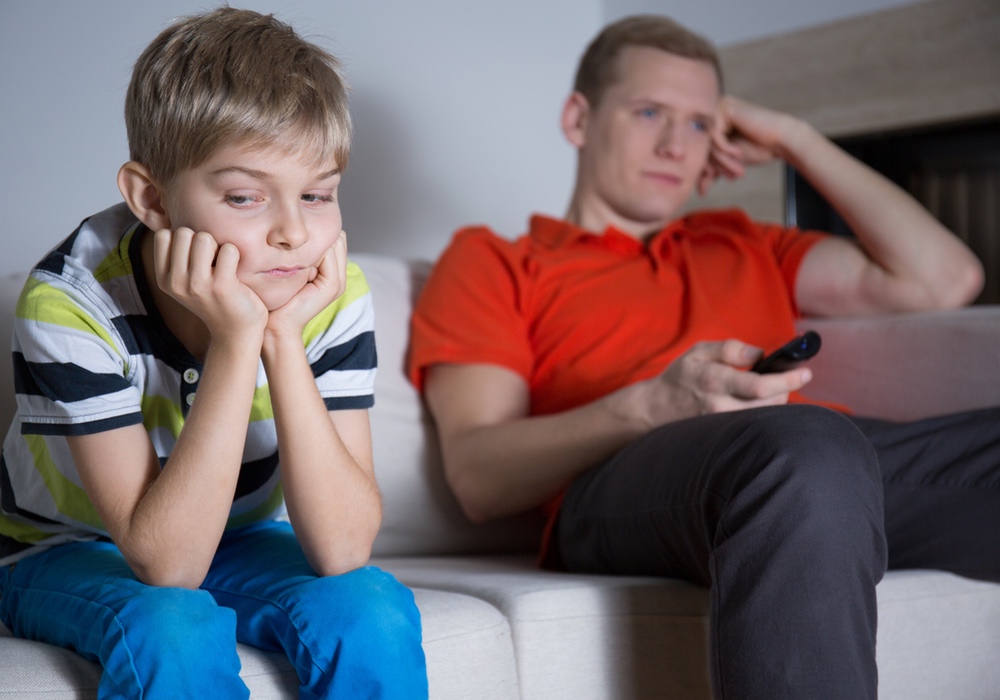Social and hormonal changes during adolescence can contribute to sleep problems in teens, who may have trouble falling asleep and become sleep deprived.
Getting too little sleep interferes with brain development and can also lead to poor academic performance.
A team of Australian researchers recently looked at the role parents play in teens' sleep problems. They found that before adolescence family conflict and having parents with psychological conditions such as anxiety and depression can have a negative impact on teens' sleep.
The findings come from data collected over a 28-month period on more than 3,400 participants in the U.S.-based Adolescent Brain Cognitive Development Study, or the ABCD study. Child participants were between nine and 11 years old when they enrolled and 13 and 14 years old at the study's end.Teens with parents who had psychological conditions such as anxiety or depression had later bedtimes and poorer sleep quality.
The opposite was also true. The study found that less screen time helped not only sleep, but also teens' emotional control, which in turn improved sleep quality.
It's not just kids' own behaviors that impacted teen sleep, however. The study found parents' behavior played a big role, too. Teens who reported their parents were more involved in their lives got better quality sleep than those who said their parents were less involved.
On the other hand, teens who reported more family conflict generally had poorer quality sleep, and were more likely to become night owls who woke up late compared to those who reported little or no family conflict.
Teens with parents who had psychological conditions such as anxiety or depression had later bedtimes and poorer sleep quality, the study found. They were more likely to be night owls compared to teens whose parents did not have these conditions. However, much like the teens who reported family conflict, teens with parents who were anxious or depressed slept better if they were able to control their emotions and had less screen time.
An interesting finding was that girls, but not boys, who reported greater warmth and acceptance from their parents were more likely to be early birds, the researchers said. The emotional sensitivity of adolescent girls might make them more responsive than boys to a supportive family environment.Teens who reported their parents were more involved in their lives had better quality sleep than those who said their parents were less involved.
One way parents can help their teens get the sleep they need is to avoid arguing in front of them or saying things that make kids feel like they have to choose sides. Another idea, one that helps parents, too, is for parents to pick their battles.
Evidence-based interventions that teach parenting and family life skills and help children learn social skills, can reduce family conflict and encourage parents to become more involved in their kids' lives, said the researchers.
The study is published in JAMA Network Open.





